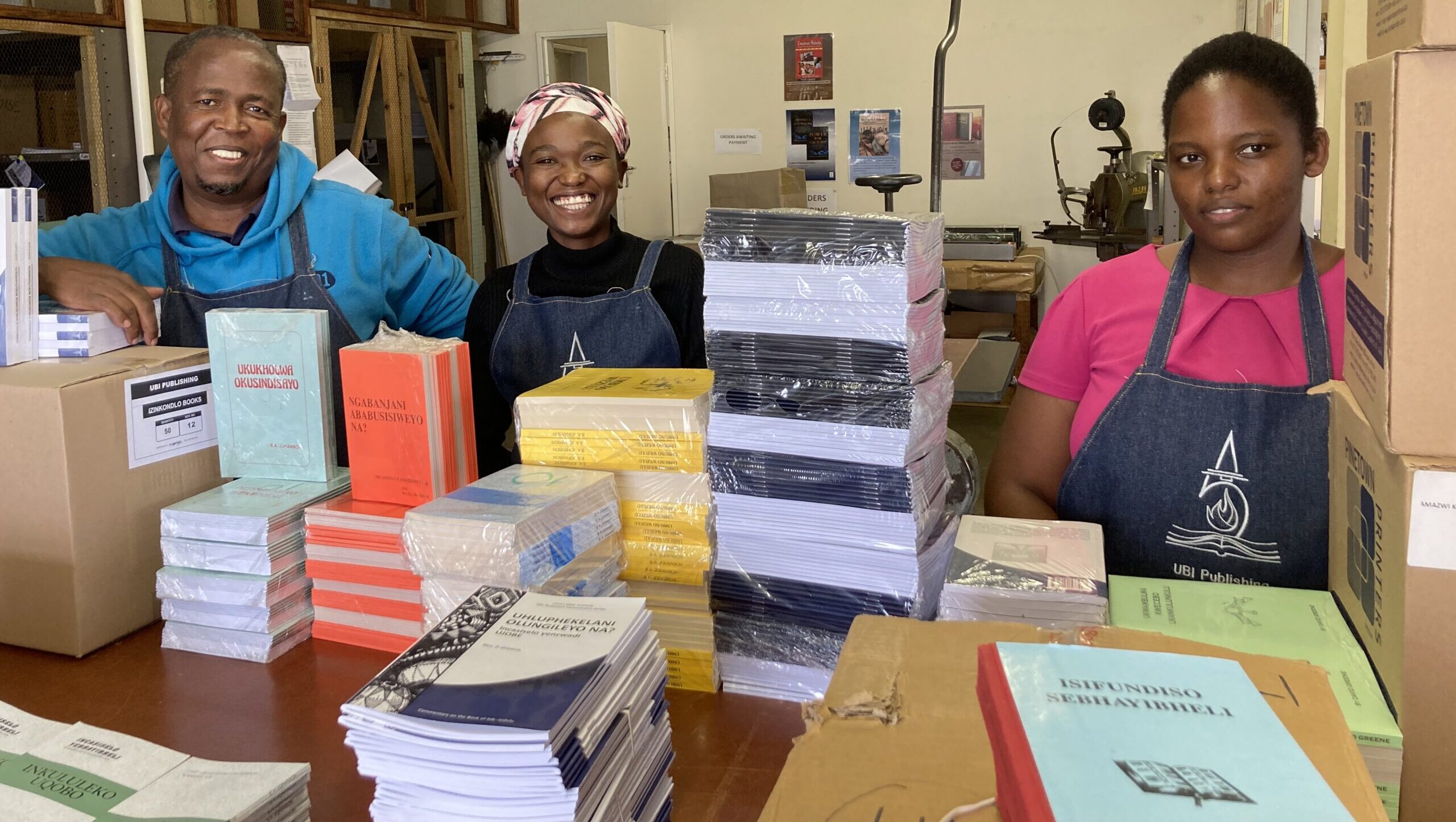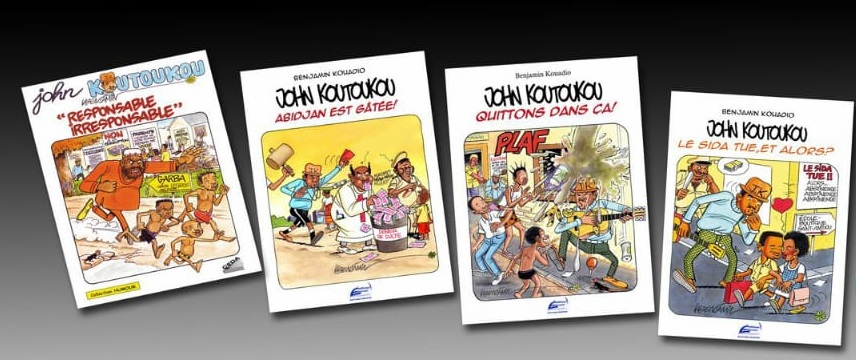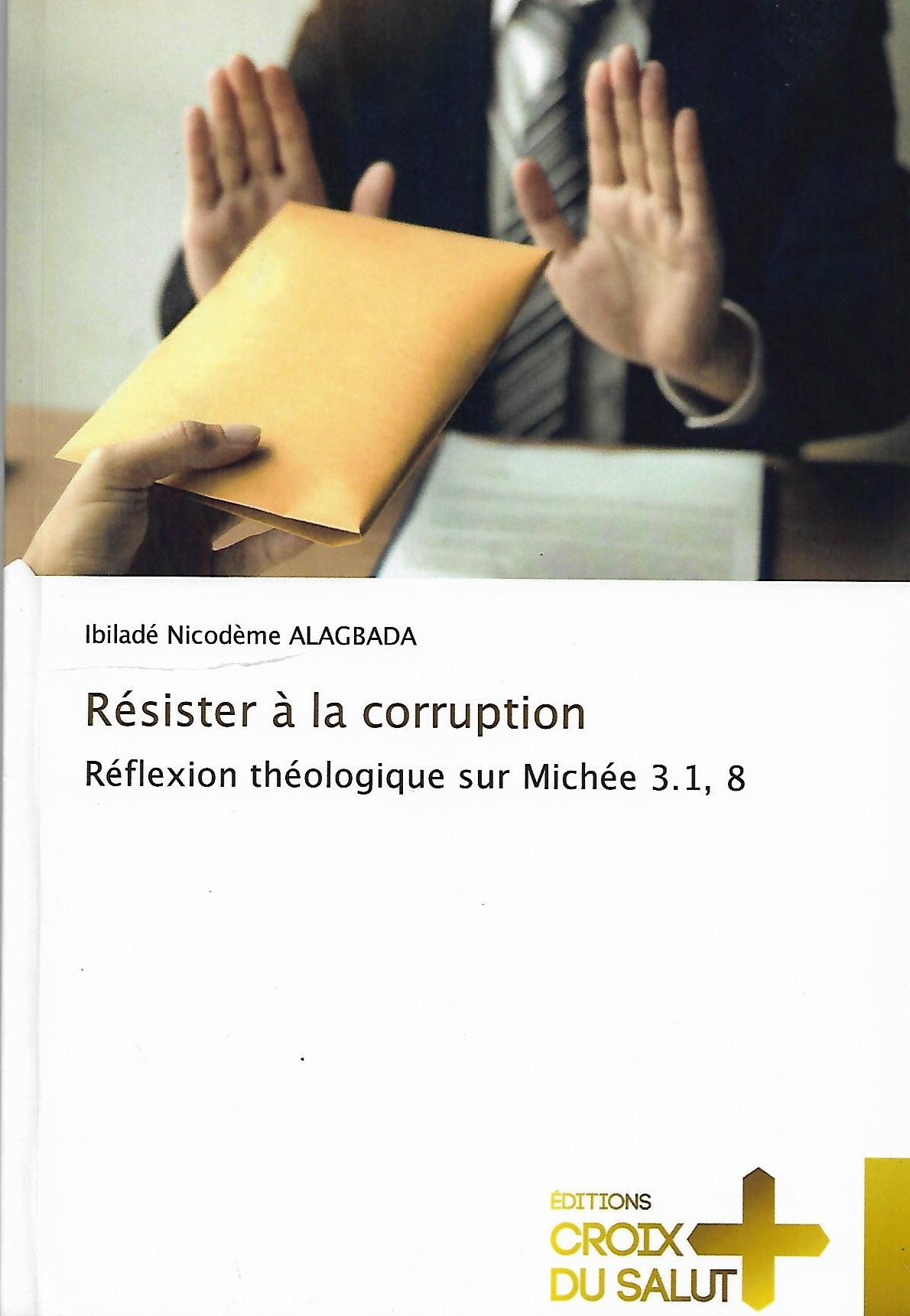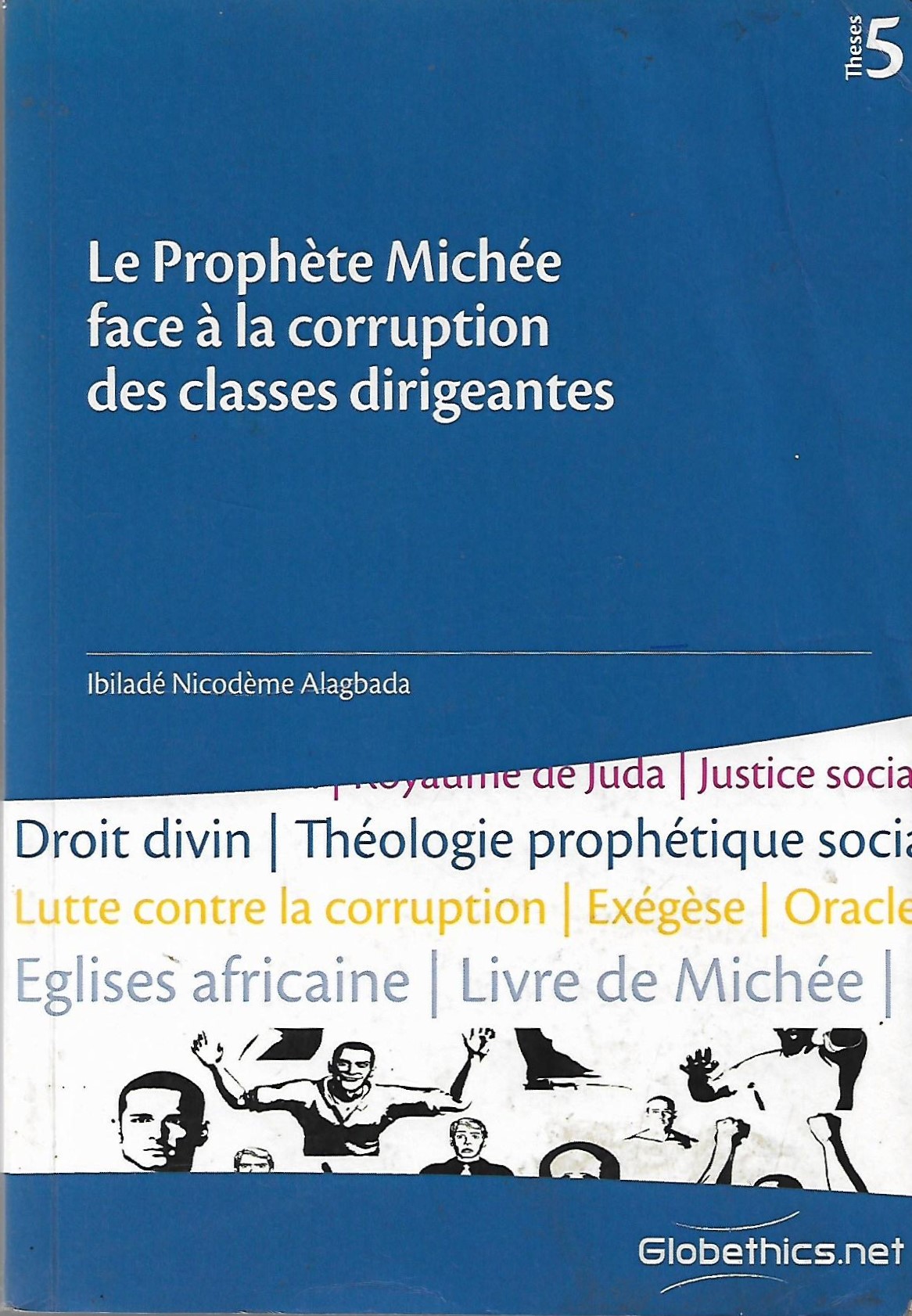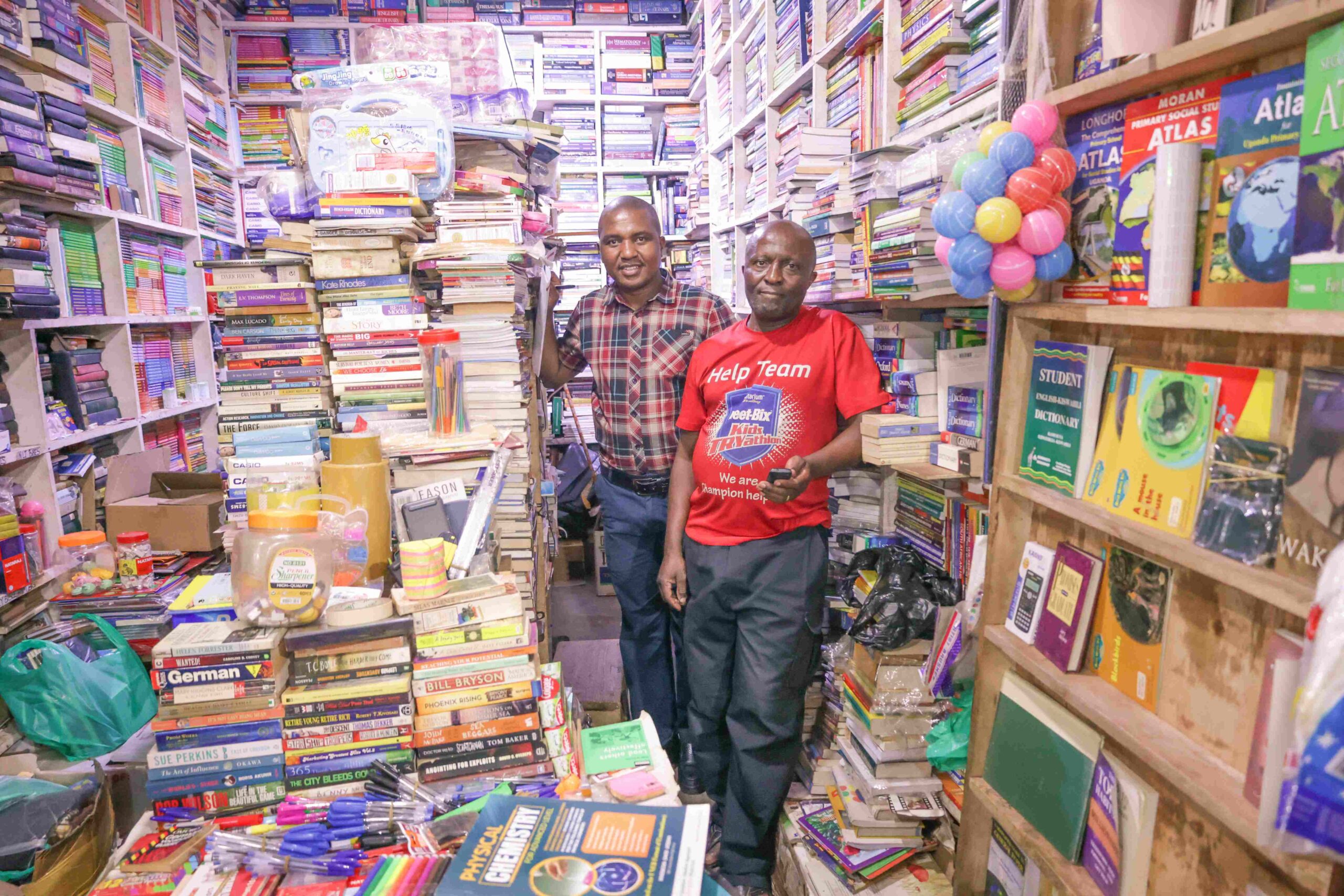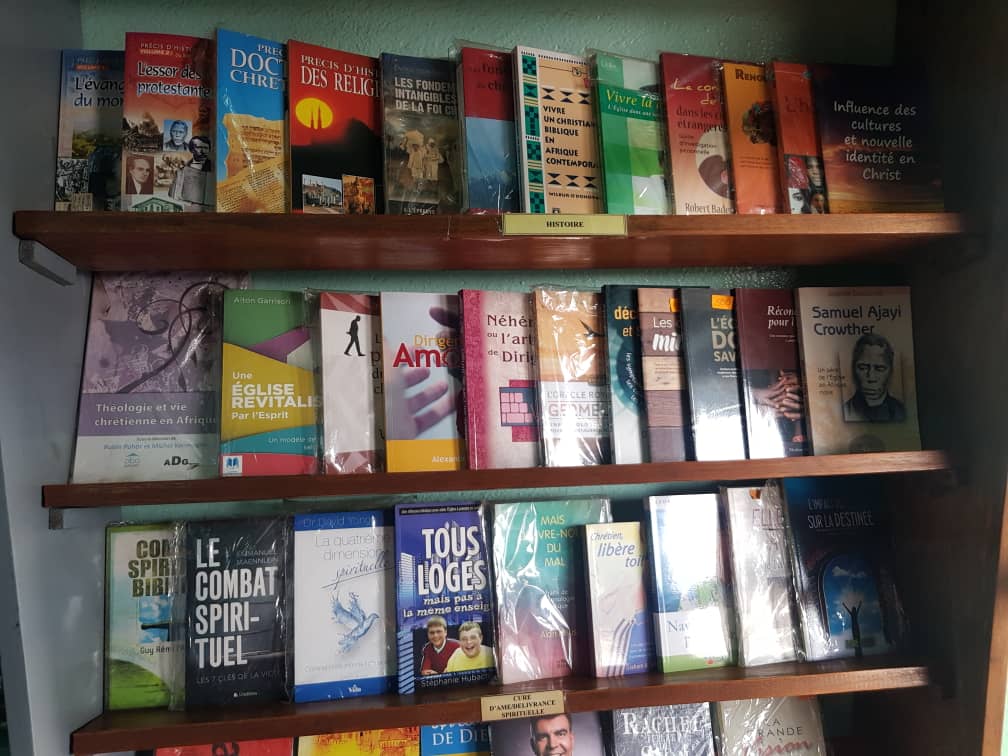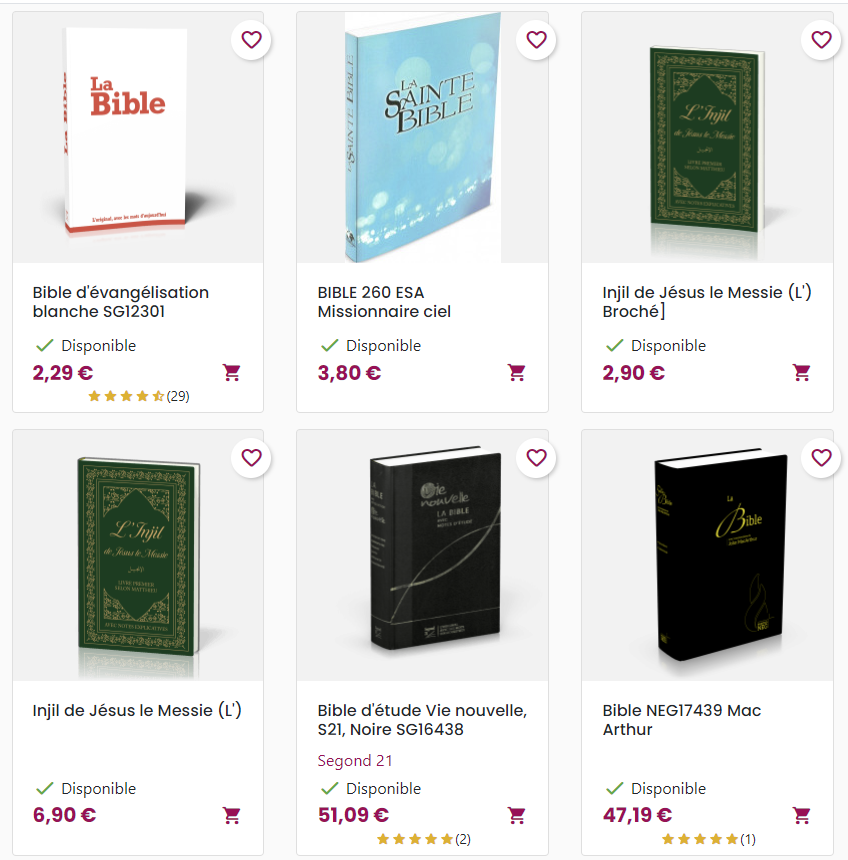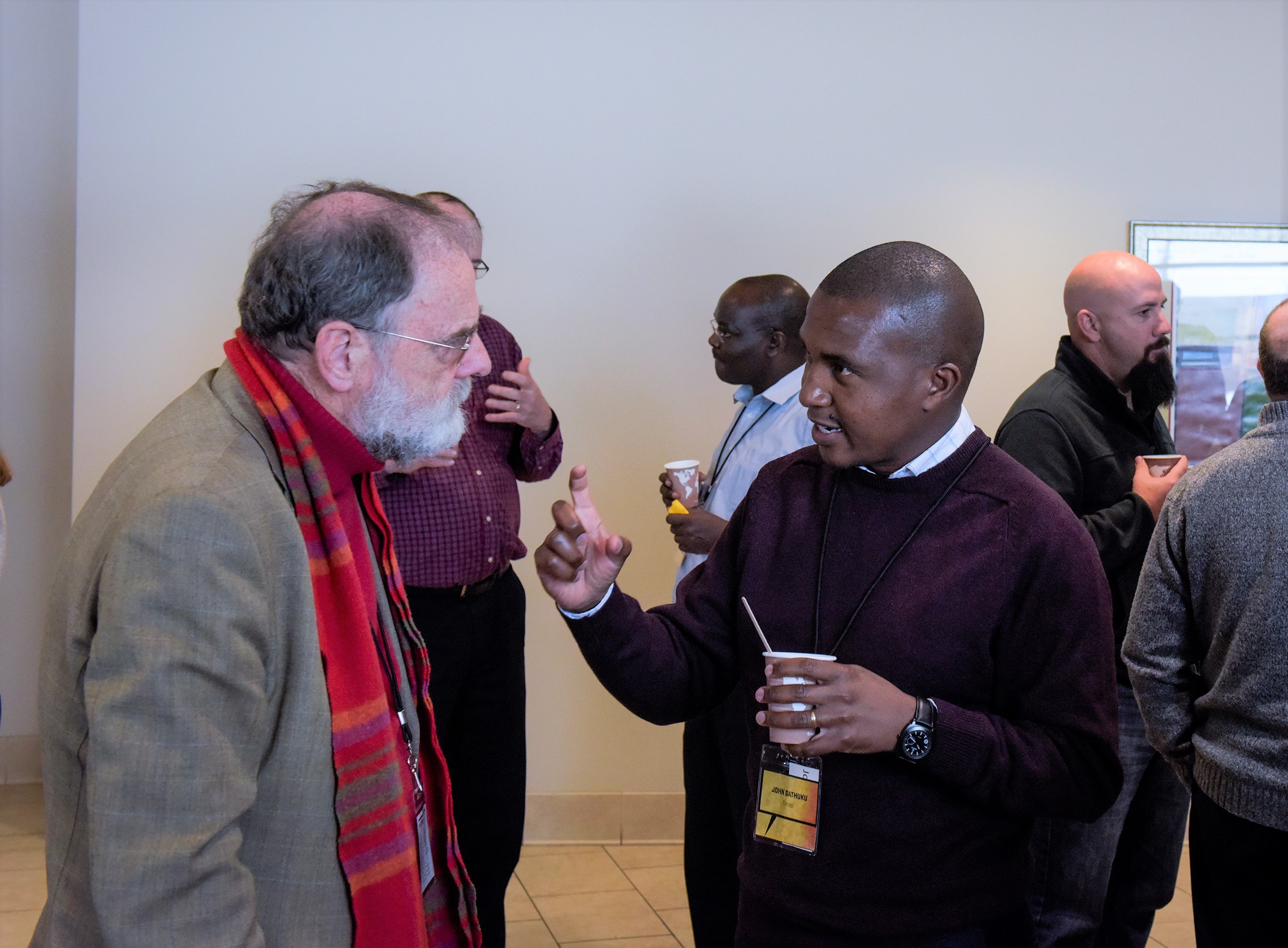“Sometimes we find ourselves involved in niche marketing without knowing it. I thought I was only being pragmatic, but in fact I was reaching a specialized market.”
“Brighten the Corner Where You Are,” counsels an old hymn—those who have ears to hear take advantage of this wise advice. At Step Publishers, we have plugged into niches in the wider market to produce, promote, and sell books and magazines on a regular basis. Looking out for unconventional marketing opportunities and maximizing their potential has added value to all our efforts.
What is niche marketing?
Susan Ward, a Canadian business consultant, writes: “Establishing a niche market gives you the opportunity to provide products and services to a group that other businesses have overlooked.” She believes that “there are always going to be segments of the population whose needs for particular products and/or services are going unmet, leaving room for the small business to succeed by meeting those needs.” Gordon Burgett, author of Niche Publishing and other books related to writing, publishing, and public speaking, defines it concisely and categorically as, “Find a demand, double check it, and create the supply.”
Sometimes recognizing a group of people interested in our books may not require any special skill beyond inclination, which is why we sometimes find ourselves involved in niche marketing without knowing it. Years ago, when I visited the St. Paul Theological College near Nairobi, Kenya, to promote special issues of interest to the students, I was only being pragmatic. These future pastors, who would be interacting with the youth our ministry sought to reach, needed to know the value of our literature as a tool for evangelism and discipleship. This method of establishing a niche has been a hallmark of our work down through the years.
The best is what works
No matter how rocky the marketing grounds are—and they can be stone-hard in this part of our world where illiteracy is high and the limited number of readers’ purchasing power is low—a cleft can be found. In our marketing activities, we have two models open to us: either we reach the general market with products we hope will interest people, or we focus our attention on specific audiences and give them what they demand. Some people think the future belongs to the latter strategy—but does it really matter? Whichever works best in your own circumstances is the best way.
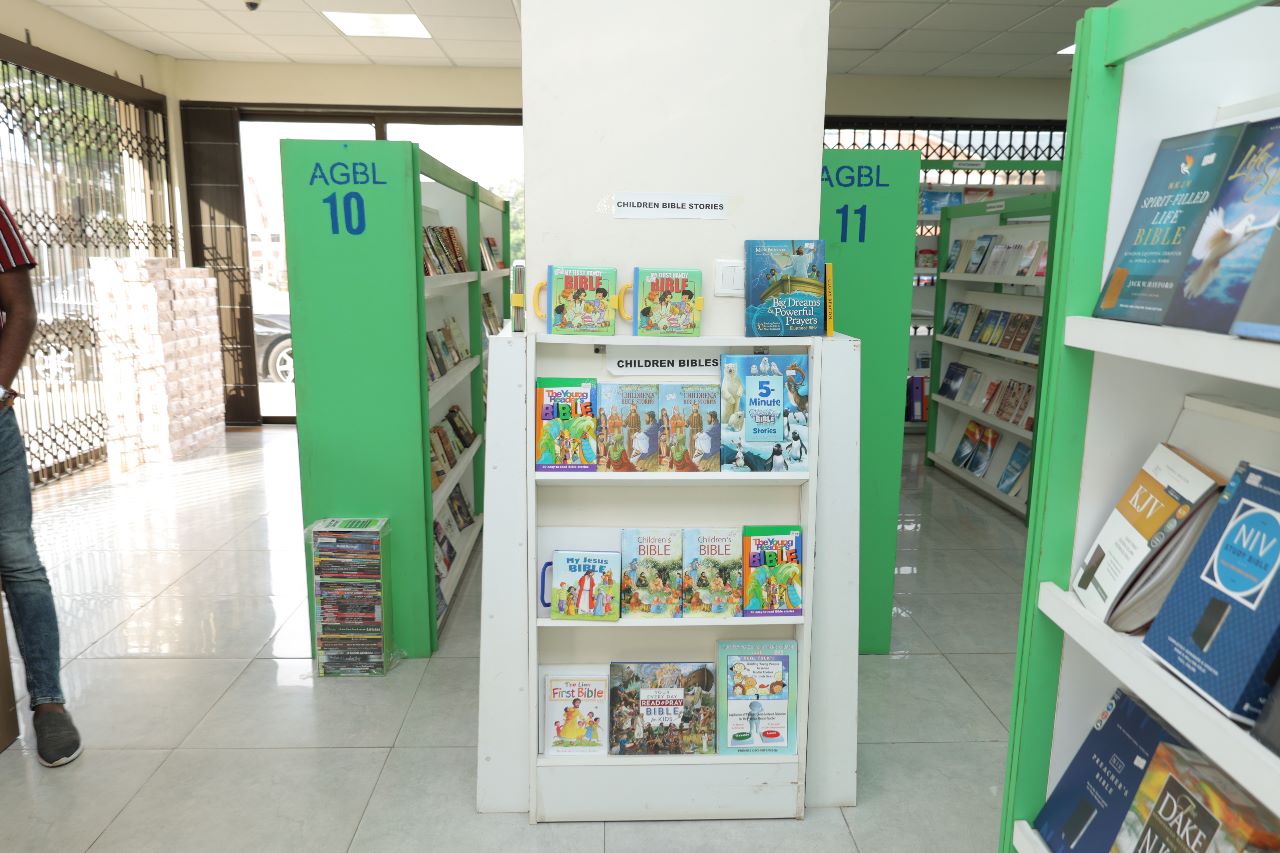
Education
In Ghana, as in many parts of Africa, publishers have focused on the huge book hungry education sector as a niche worthy of attention. It is perhaps the most critical market due to its size and unique disposition as the consumer of both general and niche-oriented merchandise. Publishers who have discovered this niche go beyond simply supplying books; they organize seminars and support conferences for teachers and heads of institutions to maximize their market share within this niche.
While the products of Christian publishers may not be considered specific to educational needs, they do have a place in that niche. Is a hymnbook an educational requirement? No, if your definition of educational requirement is limited to academics. Students will not face examinations on the content of a hymnbook or a book on prayer. But Asempa Publishers in Accra, Ghana, has carved a niche in this sector and markets their hymnbooks in schools nationwide.
Even at the lower educational levels such as primary and junior high schools, Step Publishers has consistently marketed our Christian youth magazines and children’s books. Our presence at Speech and Prize-Giving Days as well as Parent-Teacher Association meetings are effective avenues for marketing our products to this niche. We argue that students need religious and moral education, and that Christian faith and worship should play an important role in their lives, since students are the future leaders of our nations.
Devotional products
The market for devotional books is a niche in Africa. Scripture Union, which is not a mainstream publishing house, is nonetheless a custodian of mass content for that niche. It sells hundreds of thousands of Daily Guide and Daily Power annually in different African countries. Ministering to millions of students on the continent through camps, Easter conferences, counseling, youth leadership training, and school groups, they have a strong hold on that niche. Scripture Union Ghana has become a community leader trusted by youth to provide the much-needed products year after year.
Some Christian publishers produce devotional books in local languages. This is another sustainable niche due to the strong presence of vernacular readers. All this gives credence to finding niches and strongly marketing our products to that niche.
First printed in Cook Partners, May 2008. David C. Cook Global Mission (published with permission).


